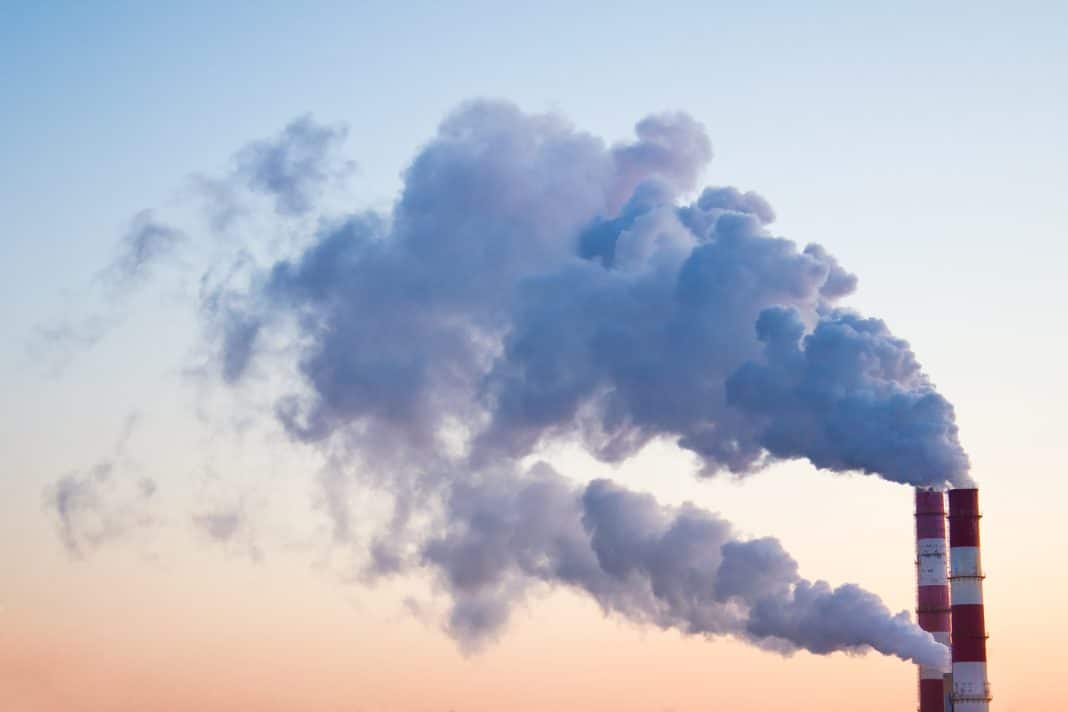The ACT has become the first jurisdiction in Australia to calculate the community’s indirect greenhouse gas emissions from the goods and services that it buys.
A new report from the Commissioner for Sustainability and the Environment outlines sectors contributing to the ACT’s Scope Three emissions, and suggests how to reduce them.
“Scope Three emissions” include the emissions from transporting goods into the ACT, as well as emissions from food production, building materials, clothing, and any other consumables imported into the ACT.
“This is a globally ambitious report, the first to measure and account for Scope Three emissions for a city,” said Dr Sophie Lewis, ACT Commissioner for Sustainability and the Environment.
The ACT Government commissioned this report in 2020 to understand the ACT’s complete emissions profile, including impacts that occur beyond its borders, said Shane Rattenbury, ACT Minister for Emissions Reduction.
“Before this report, we didn’t have a strong idea of the territory’s Scope Three emissions,” he said.
The ACT Government will review the recommendations, and supply a formal response in 2022.
Currently, the ACT’s climate change efforts focus on reducing Scope One (those produced directly in the ACT) and Scope Two (indirectly through purchased energy) emissions, Mr Rattenbury explained.
“This is the traditional approach. The first step in addressing these impacts is to acknowledge and understand the impacts that actions in the ACT have beyond our borders.
“We have made great progress in cutting our emissions locally, but this report shows that there are great decarbonisation opportunities for us throughout our economy and supply chains.
“This is why we need national and international action and co-operation to decarbonise all sectors of the economy. While the extent of our Scope Three emissions is large, it is not surprising. In a global economy dominated by fossil fuel energy sources, the emissions intensity of products is high.
“This report clearly highlights that in addition to working locally to reduce our direct emissions, which we will continue to do as a high priority, we can push for transformational change across society.
“Working out the emissions footprint of the items we buy, the food we eat, and the energy used to transport them can help government, business, industry, and the Canberra community take action and become more climate friendly consumers.”
Rebecca Vassarotti, ACT Minister for the Environment, said the report sent another strong signal to the world that the ACT was dedicated to acting on climate change and protecting the environment.
“The ACT is globally recognised as a climate action leader, and our climate policies and programs have provided direction and inspiration to other cities and states looking to decarbonise their communities,” Ms Vassarotti said.
“Climate change and how our everyday choices affect our environment is a global issue, and requires a global response. Thanks to this report, we now have an idea of the ACT’s contribution to emissions outside the territory, and we can all begin to take actions to minimise this.
“Many Canberrans will find this report empowering, because Scope Three emissions are really in the hands of us as consumers to influence the supply chain. This includes government as a procurer of large projects, but also us as individuals in the decisions we make every day, big and small.”



